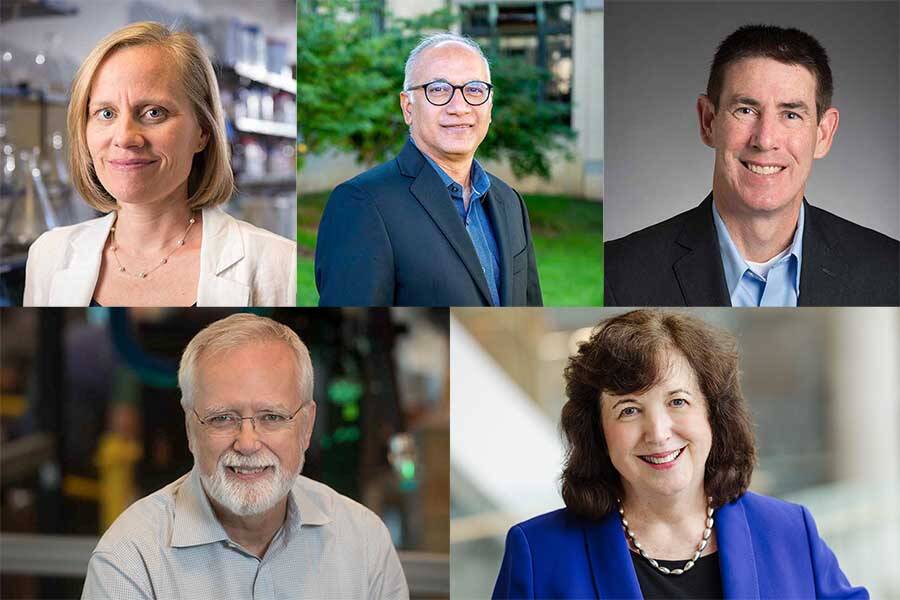
Five Carnegie Mellon University faculty members — Linda Argote, Alison Barth, Matthew Mason, Philip LeDuc and Prasad Tetali — have been elected as 2023 fellows of the .
They are among the 502 scientists, engineers and innovators who have been recognized for their distinguished achievements by the world’s largest scientific society.
This distinction is a lifetime honor achievement within the organization, which promotes the use of science, technology, engineering and mathematics to solve current issues. Fellows are inducted into an esteemed list of researchers and promoters of science in the public sphere which dates back to 1874.
“As we celebrate the 150th anniversary of the AAAS fellows, AAAS is proud to recognize the newly elected individuals. This year’s class embodies scientific excellence, fosters trust in science throughout the communities they serve and leads the next generation of scientists while advancing scientific achievements,” said Sudip S. Parikh, AAAS chief executive officer and executive publisher of the Science family of journals.
The newly elected AAAS Fellows will be recognized for their achievements this spring at a celebration in Washington, D.C.
Linda Argote
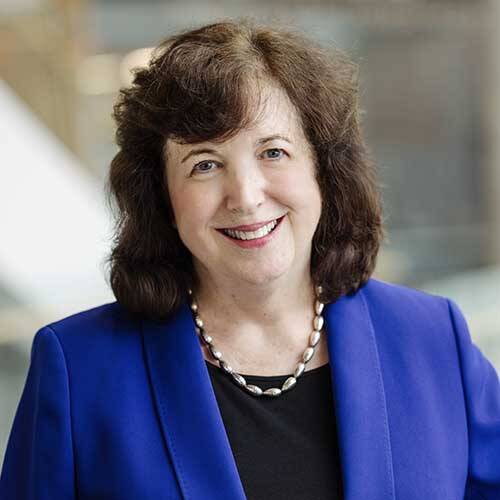
Linda Argote
is an internationally recognized expert in organizational learning. The Thomas Lord Professor of Organizational Behavior and Theory at CMU’s Tepper School of Business, her current research, a collaboration with physicians at the University of Pittsburgh Medical School, investigates the role of transactive memory systems in improving the performance of hospital trauma resuscitation teams.
Argote synthesized her work and related research in her book, “Organizational Learning: Creating, Retaining and Transferring Knowledge,” a finalist for the Terry Book Award of the Academy of Management. She developed a popular elective on organizational learning at the Tepper School that is a vehicle for moving research findings into the classroom.
Argote served as editor-in-chief of Organization Science, departmental editor at Management Science, and vice-president for publications of the Institute for Operations Research and the Management Sciences (INFORMS). She also served as senior associate dean for faculty and research at the Tepper School of Business.
Argote is a fellow of the Academy of Management, the Association for Psychological Science and INFORMS. She was recognized with the Joseph E. McGrath Lifetime Achievement award for the study of groups by the International Network for Group Research.
Alison Barth
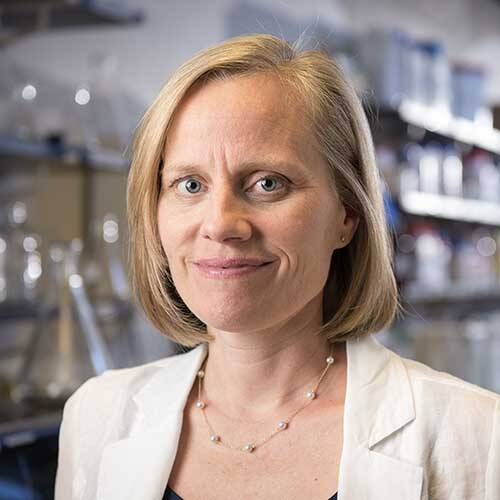
Alison Barth
has been recognized for distinguished contributions to the field of cellular and systems neuroscience, particularly in linking molecular mechanisms of synaptic plasticity to behavioral learning.
Barth, who joined CMU’s Mellon College of Science in 2002, holds The Maxwell H. and Gloria C. Connan Professorship in the Life Sciences along with appointments in the and the .
Where historically neurons in the human brain are studied individually, Barth examines how neurons rewire at the macro level. She also is interested in identifying the algorithms of learning and determining how these algorithms can be used to inform engineered systems.
Barth has received numerous awards, including the McKnight Foundation’s Memory and Cognitive Disorders Award, the Humboldt Foundation’s Bessel Research Award and a Sloan Foundation Fellowship.
Barth earned her Ph.D. from the University of California, Berkeley, and completed a postdoctoral fellowship at Stanford University.
Philip LeDuc
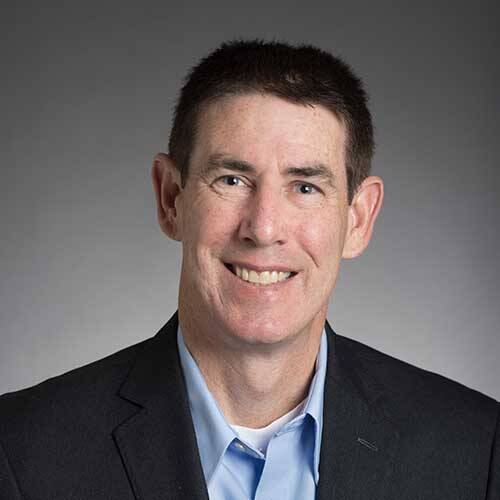
Philip LeDuc
, a professor in the , is being recognized as an AAAS Fellow for his outstanding research contributions in “experimental cellular and molecular mechanics, biologically inspired engineered approaches, and global challenges both medical and nature inspired with integrated technology.”
“I am honored to have been elected a Fellow in the American Association for the Advancement of Science as this is not only a very prestigious organization, but one that has been around since the 19th century with a goal to help the world become a better place,” said LeDuc.
LeDuc and his laboratory study the mechanics of nature at the cellular and molecular levels. They wish to discover what cells and machines have in common and if mechanical engineering principles apply across fields of study by investigating biological systems as if they were mechanical systems such as planes or automobiles.
He has received several other awards for his research, including: the National Science Foundation CAREER award, George Tallman Ladd Research Award, Russell V. Trader Career Faculty Fellow, Benjamin Richard Teare Teaching Award, MARC Minority Faculty Mentor Award, and Beckman Foundation Young Investigator Award.
Matthew Mason
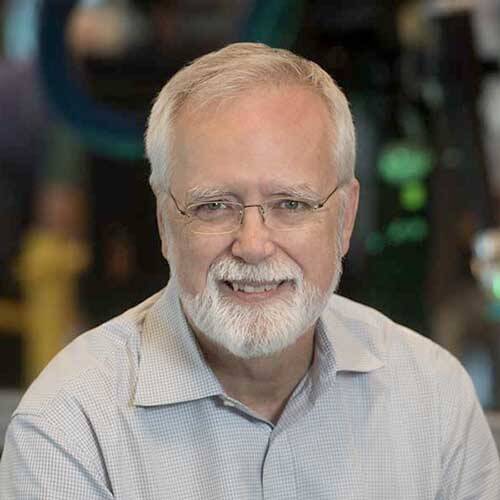
Matthew Mason
, a professor emeritus in CMU’s (RI) and chief scientist at Berkshire Grey, was honored as an AAAS Fellow “for pioneering scientific, leadership and educational contributions in robotics.”
Mason joined CMU’s faculty in 1982 and served as RI director from 2004-14. Mason is faculty in the , or M Lab, which works on projects like robot dexterity and regrasping objects. He said the freedom at the RI is one thing that makes it special, along with the students.
“I remember when somebody was visiting. After they were here for a day, they came in my office and they were all agog and excited,” he recalled. “They said ‘Wow, it’s awesome here! Every day is like you’re at a robotics conference.’ I hadn’t thought about that. There’s always posters up about talks. You can go to as many talks in robotics as you want, and there are a zillion people to talk to about it.”
For decades, Mason has studied robotic manipulation and how robots move and grasp items — topics that interest him because they’re puzzles. His primary research focuses on simple hands, such as tongs or grippers; and combining machine learning with artificial intelligence, control and mechanical design to further robot manipulation.
Prasad Tetali
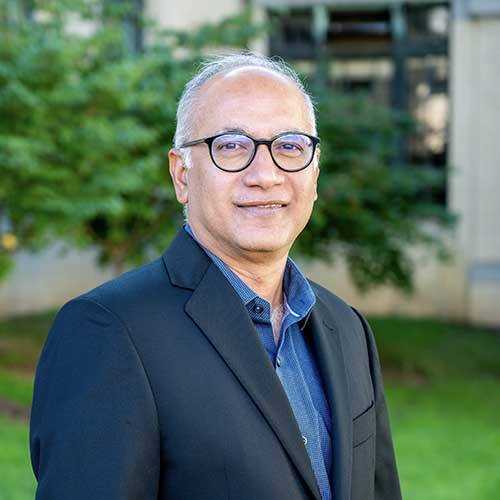
Prasad Tetali
has been recognized for contributions to discrete mathematics and service to the scientific community. The Alexander M. Knaster Professor and head of the Department of Mathematical Sciences, Tetali focuses his research on probability theory, discrete mathematics and approximation algorithms.
In 2021, Tetali came to Carnegie Mellon from Georgia Tech, where he has been a member of the School of Mathematics faculty since 1994 and held a joint appointment in the College of Computing since 2000. There, he was a Regents’ Professor and director of the algorithms, combinatorics and optimization Ph.D. program. As an educator, he has advised many doctoral students, postdoctoral fellows and undergraduate students.
Tetali has published more than 100 research papers and given numerous invited lectures in his fields of expertise. Among his research honors, Tetali was named a fellow of both the American Mathematical Society and the Society for Industrial and Applied Mathematics.
Tetali earned his bachelor’s degree from Andhra University in India, his master’s degree in computer science and automation from the Indian Institute of Science and his doctoral degree from New York University’s Courant Institute of Mathematical Sciences. He completed postdoctoral work at AT&T Bell Labs.
